Across the Table: Farm labor resources
Ohio Farm Bureau is offering a new resource to our members, the “A Guide to Finding, Hiring and Retaining Farm Employees.”
Read MoreStudents at Kings High School learn about different careers in a popular employability class at the Warren County school.
Dustin Goldie strikes an imposing figure at Kings High School.
Complete with a hard hat emblazoned with the school’s iconic “K” logo, Goldie addresses his fifth-bell students by praising and teasing in equal measure, with one eye on the power tools he’s brought in for show-and-tell, or rather teach-and-work, on a cool spring day in May.
When it was becoming apparent that the hands-on classes at the district’s career center were filling up quickly, Kings High School asked Goldie, a history teacher in the district, if he would be interested in teaching an employability class for a cross-section of students interested in learning life skills and soft skills.
Goldie has been teaching the class, which is an elective, to all grade levels at the school for the last five years and has been a teacher at KHS for more than 20 years. The employability class started out with 25 kids and has grown to more than 160.
“We are teaching kids multiple career pathways to be successful. We teach them how to use their hands and how to be successful in life,” he said. “You can be a farmer, you can be an electrician, you can be an engineer with a college degree. We try to match the kid’s strengths to future careers and expose them to different experiences.”
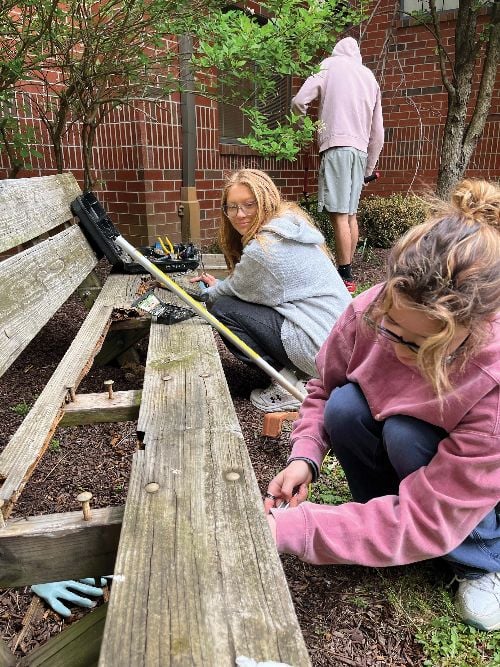
Future veterinarians, welders and construction workers take the class alongside aspiring equine photographers and even one student who intends to be a professional soccer player.
While students in Goldie’s class learn how to change a tire, trim a bush or replace dead wood on an old bench, they also learn life skills such as establishing eye contact during a conversation and good questions to ask during a job interview.
Senior Zhana Burnside, who plans to attend Sinclair Community College for a career in hospitality, said the speakers Goldie has brought to class “give us tips on what to look for and tips on getting a good job and keeping it.”
Sophomore Ava Harris, who plans on a career as a welder, said the class helped her “learn how to be more professional online, inside and outside of a job.”
Learning these different skills is key to the development of a workforce that may or may not choose college as an option after high school. Even if students in Goldie’s class go on to earn a four-year degree, they can augment their income with some of the skills they have learned in their employability class.
“This generation is all about the side-hustle,” Goldie said. “This is a room full of entrepreneurs.”
Goldie himself has a bit of a side-hustle going on. The Hamilton County Farm Bureau member owns Goldie Beef, a freezer beef operation in Clarksville and is a first-generation farmer with his father, Rick, and family.
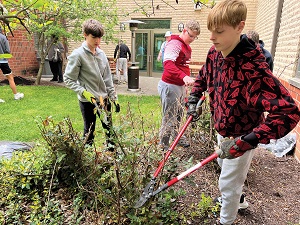 Showcasing agriculture, on and off the farm, is something that is very important to Goldie.
Showcasing agriculture, on and off the farm, is something that is very important to Goldie.
“At Kings, we try to promote STEAM education,” Goldie said. “The ‘A’ in STEAM stands for arts but also agriculture, because agriculture is the heartbeat of Ohio. We’re trying to show the kids that you can get a four-year college degree in agribusiness, or you can go right out of high school and start working for an equine farm (as an example). We’re trying to show students there are all kinds of pathways to success.”
In June, Goldie took a new position as supervisor over the John K. Lazares Alternative School for the Warren County Educational Service Center.
“We will be incorporating many of the workforce development ideas we used at Kings (at the alternative school),” he said. He noted that KHS plans to continue the employability class and expand it to include an internship component.
Farming accounts for roughly:
Beyond the direct production of food, fuel and fiber, a huge range of related scientific and support industries contribute to Ohio agriculture. Machinery makers, banks, research labs, insurance agencies, retailers—each plays a role in ensuring Ohio products reach dinner tables, dressing rooms, greenhouses, grocery stores and gas tanks across our counties and the country.
According to the Ohio Farm Bureau Foundation, projections indicate that in the next 10 years, there will be a need for 470,000 new workers in agribusiness and 90,000 new workers in direct farming operations.
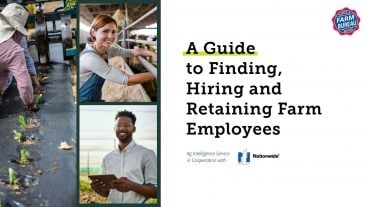
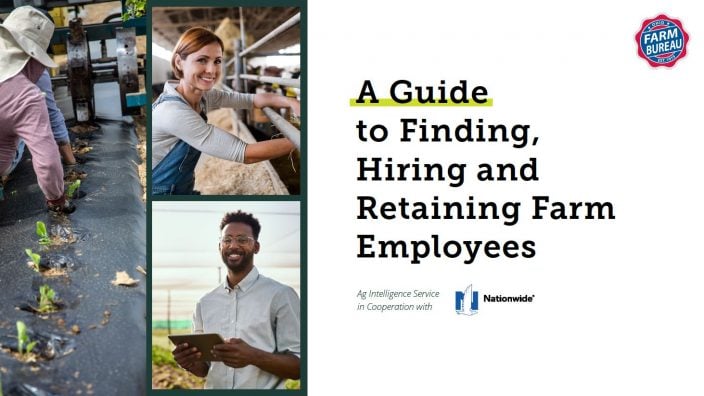
Ohio Farm Bureau is offering a new resource to our members, the “A Guide to Finding, Hiring and Retaining Farm Employees.”
Read More

The right machinery replacement strategy can help ensure you’ve got what you need to continue to evolve your business well into the future.
Read More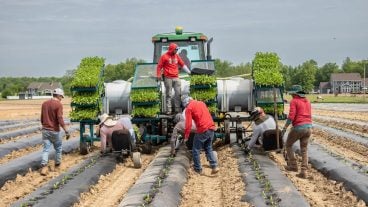
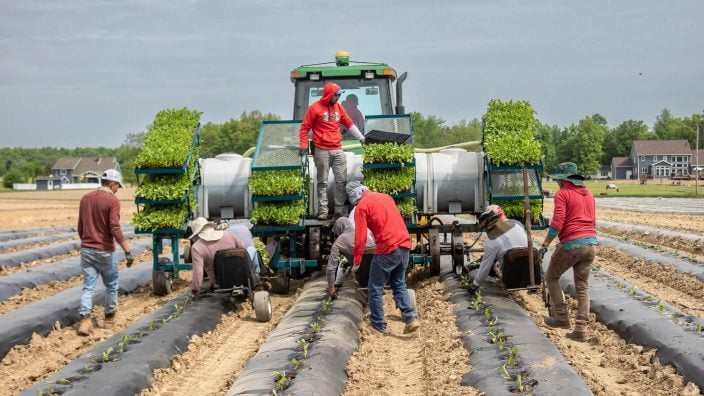
If Americans want their produce grown in the U.S., under this country’s food safety regulations, the guest worker program needs to be updated.
Read More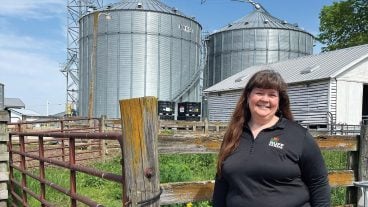
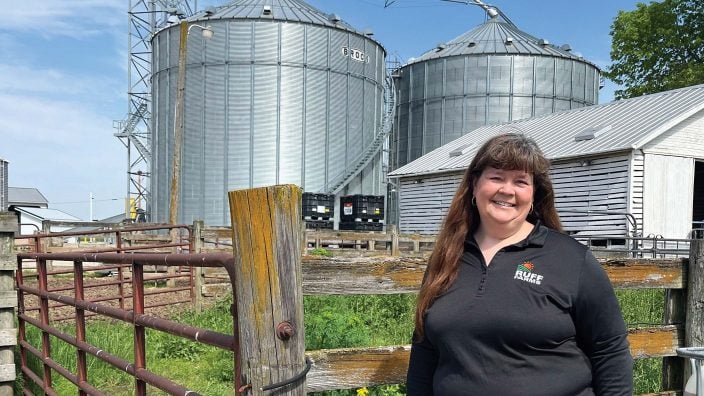
How employees are treated, and also the opportunity to have year-round employment through the farm and related businesses, are key to the Ruffs’ success in attracting and retaining skilled farm talent.
Read More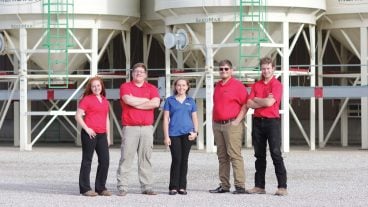
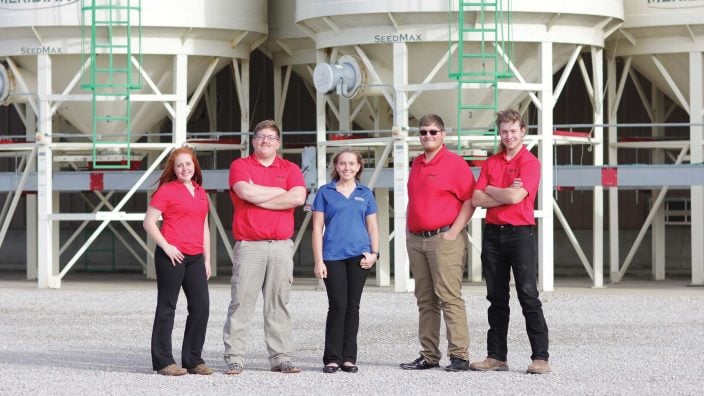
Employee ag education enables the cooperative to provide the best service and solutions for their member-owners, which is key to their continued success.
Read More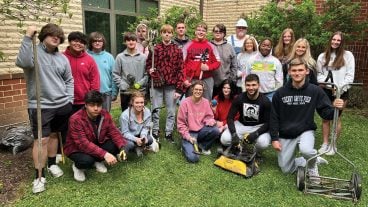
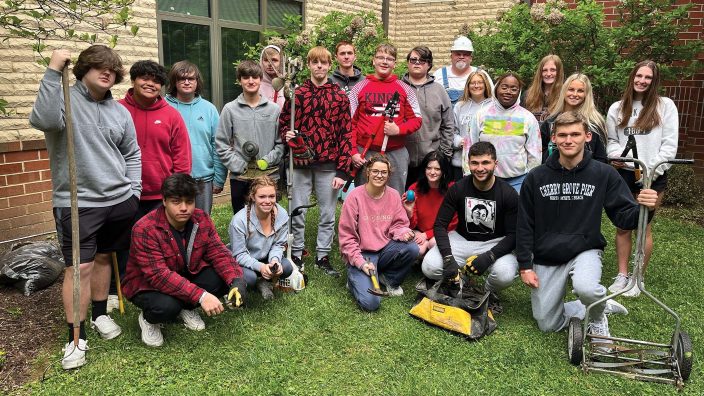
Students at Kings High School learn about different careers in a popular employability class at the Warren County school.
Read More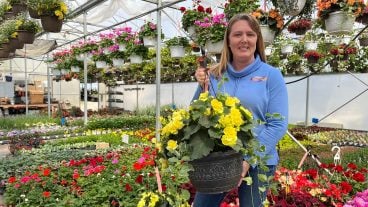
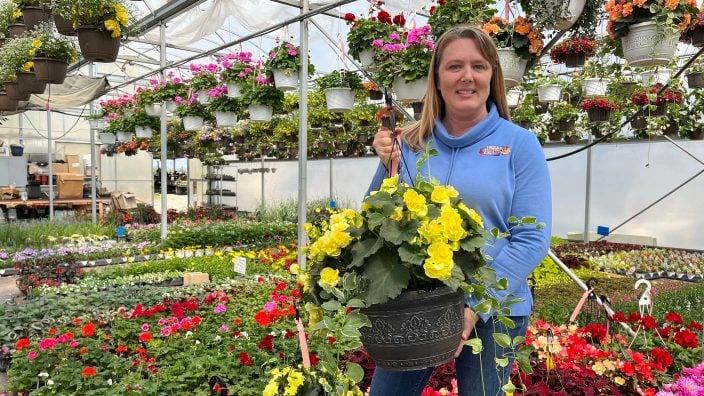
Maintaining a knowledgeable and robust workforce is key to sustainability and any potential growth for Brown’s Family Farm Market in the future.
Read More

Scholarship awards directly impact that purpose of the foundation: to inspire and educate the next generation of agriculture.
Read More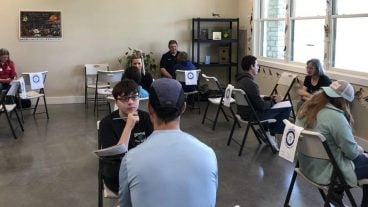
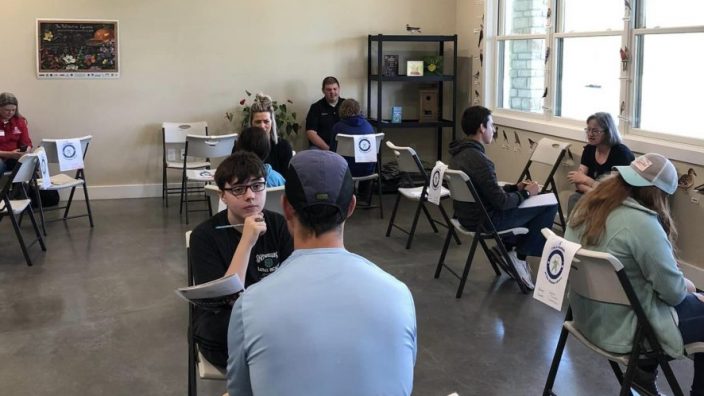
The Ohio Farm Bureau Foundation’s Workforce Development and Ag Literacy Grant Program is helping to promote agriculture education and career development in the state of Ohio, specifically in Brown County.
Read More